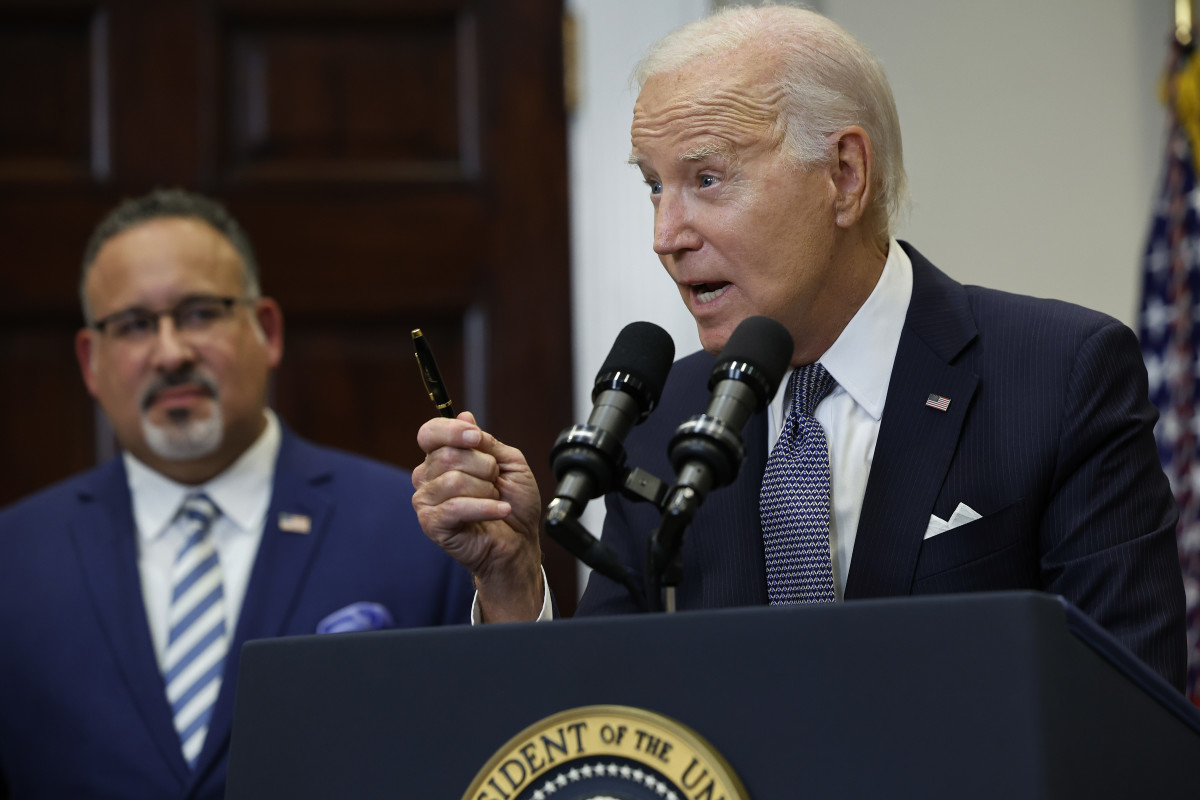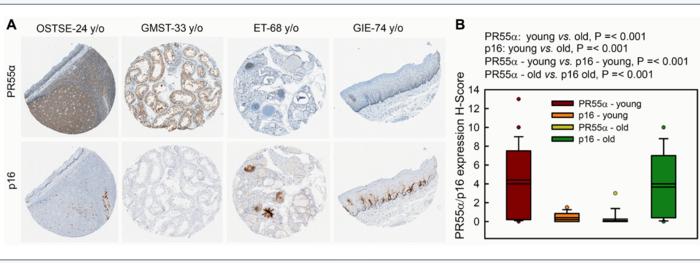Within the framework of the free trade agreement between Canada, Mexico, and the United States (CUSMA, T-MEC, USMCA) and the Environmental Cooperation Agreement, the environment ministers of Canada, Mexico and the United States convened for the 29th Council Session of the Commission for Environmental Cooperation.
___________________
MÉRIDA, Mexico, July 15, 2022 /CNW/ - We, the Environment Ministers of Canada, Mexico and the United States, met today for the annual Council Session of the Commission for Environmental Cooperation (CEC) in Mérida, Yucatán. The Council addressed many of the most pressing environmental challenges facing North America's communities, particularly vulnerable communities and Indigenous Peoples.
This year's CEC Council Session builds on the November 2021 North American Leaders Summit, in which President López Obrador, President Biden, and Prime Minister Trudeau highlighted the role of the CEC in developing a North American Climate Adaptation Workplan.
We committed to building on the progress of the CEC's successful grant programs. Through 25 grants valued at more than US$3 million, the CEC is supporting climate resilience and COVID-19 recovery at the community level. With the Environmental Justice and Climate Resilience (EJ4Climate) and the North American Partnership for Environmental Community Action (NAPECA) grant programs, we are taking action for a healthier environment and building back a prosperous and equitable economy for all.
We expressed a shared commitment to working to empower our citizens with effective solutions for a sustainable future, especially for an equitable recovery from the COVID-19 pandemic.
In particular, we support action to preserve the knowledge and practices of Indigenous Peoples and local communities as part of our trilateral model and regional approach to environmental collaboration.
Our shared vision to lead the way in promoting complementary regional environmental and trade policies rests on our unwavering commitment to sustainable development and environmental justice and equity. Through the CEC, we will continue to drive an ambitious agenda that promotes awareness and participation in environmental governance and stewardship, mobilizes collective action, and facilitates the inclusion of a diverse network of stakeholders and partners.
Community-led environmental education for sustainable development
This year's theme for the 2022 Council Session, "Community-led Environmental Education for Sustainable Development," focused on activities from across North America that support an understanding and awareness of key environmental concerns, from the perspective of communities directly impacted and working to develop and share best practices for adapting to a changing climate. The significance of this theme is timely, as it promotes the development of local and context-specific strategies as well as an international cooperative approach for managing and responding to environmental and socio-economic risks across the whole of society.
This year's Council Session addressed several topics supporting the development of community-led projects and initiatives. Our exchange with the Joint Public Advisory Committee, the Traditional Ecological Knowledge Expert Group (TEKEG) and the CEC Secretariat, led to a constructive discussion of immediate priorities and pressing needs, including opportunities ranging from specific, innovative and nature-based solutions, to the improved use of traditional and local knowledge, including the incorporation of Indigenous perspectives.
As part of the Council Session, we were pleased to benefit from the two open public forums, which provided an invaluable space for sharing information with the public, and an opportunity for questions, comments, and suggestions from the public on the CEC's trilateral work. This year's Session included both in-person and virtual attendance, with broad representation of diverse groups of interested individuals and stakeholders from across North America.
Specifically, as part of the Council Session we:
- Announced an additional US$2 million to launch a new cycle of the EJ4Climate grant program that will focus on projects supporting environmental education to build resilience to climate change. The EJ4Climate grant program supports underserved and vulnerable communities, and Indigenous communities, in Canada, Mexico, and the United States to prepare for climate-related impacts;
- Announced a C$750,000 initiative to undertake work to support enhanced uptake of circular economy approaches with sustainable production and consumption patterns in North America;
- Announced a large-scale and multi-year initiative totalling C$1 million to strengthen community resilience to climate change;
- Contributed C$300,000 to support a JPAC-led initiative that will raise awareness in the three countries to advance sustainable forestry and responsible consumption of wood products;
- Endorsed a C$300,000 TEKEG-led initiative to address threats to food security by increasing our understanding of traditional Indigenous practices and knowledge related to food systems;
- Engaged with the winners of the 2022 CEC Youth Innovation Challenge from Canada, Mexico and the United States on their innovative and tangible solutions to assist communities in their recovery from the COVID-19 pandemic. We were impressed with their skill, dedication, and vision; and
- Reviewed the progress made under the ongoing CEC Operational Plan and the projects we endorsed last year.
"The Government of Mexico has put forth concrete measures to realize environmental and social justice for all Mexicans, and we are convinced that the trilateral work propelled by the CEC will add to efforts to ensure the welfare of the sectors that are the poorest and most vulnerable to climate change in North America."—María Luisa Albores González, Mexico's Secretary of Environment and Natural Resources
"Strong environmental cooperation among our three countries has never been more important. The impacts of climate change, from flooding to coastal erosion, dangerous heatwaves and wildfires pose a real threat to our health, safety and economic security. I am pleased to see that all parties are committed to ensuring that international environmental cooperation remains a top priority. I thank the other members in the CEC Council for supporting community-led solutions and working to advance sustainable development as we face these environmental challenges together."—The Honourable Steven Guilbeault, Minister of Environment and Climate Change
"Advancing environmental justice and equity is vital for addressing the climate crisis both at home and abroad, and I am proud that the CEC is centering community engagement as part of our environmental agenda. The way to create long-term, sustainable solutions for our shared environmental challenges is from the ground up. I am committed to working hand in hand with communities, young people who are demonstrating incredible innovation, and our North American partners, to build a healthier, more equitable future for all people."—Unted States EPA Administrator Michael S. Regan
Moving forward
Building on our strengths and longstanding tradition of facilitating cooperation and promoting public participation, we will strengthen our resolve to modernize and enhance the effectiveness of our regional efforts. We will strive to expand our collaboration by promoting awareness of issues of common concern as well as solutions for a more sustainable future, by sharing knowledge in support of evidence-based decision-making, and by contributing to building capacity in communities across North America.
We affirm the urgent need to tackle the devastating effects that climate change poses on the well-being of our communities. We emphasize the unequivocal threat of this crisis, ranging from extreme weather events, such as floods, wildfires, and drought, to the implications for our food systems, for our continent's biodiversity, and for vulnerable and underserved communities, which all have lasting environmental, economic, and societal impacts.
We underline the importance of promoting collective action, including in relation to innovation and green growth, to ensure clean air, land, and water for present and future generations, and to protect our ecosystems and the rich flora and fauna found in our shared environment.
The path to a healthier environment and meaningful progress toward sustainable development in our region depends on our collective determination to succeed, as well as on the persistence to find and promote solutions that protect the environment, support the sustainable use and conservation of our natural resources, and maximize the socio-economic benefits from empowering our communities.
As we prepare to welcome a new Executive Director for the CEC, we extend our thanks to Mr. Richard A. Morgan for his valuable service and contributions to the CEC mission during his three-year tenure as the CEC Executive Director. We take this opportunity to express our sincere appreciation for his leadership, vision, and tireless work on behalf the CEC.
We greatly look forward to our continuing work on regional environmental cooperation and meeting together next year at the CEC's Council Session in British Columbia, Canada.
View original content to download multimedia:https://www.prnewswire.com/news-releases/2022-cec-ministerial-statement---north-american-environment-ministers-launch-ambitious-agenda-for-environmental-cooperation-301587706.html
SOURCE Commission for Environmental Cooperation










































